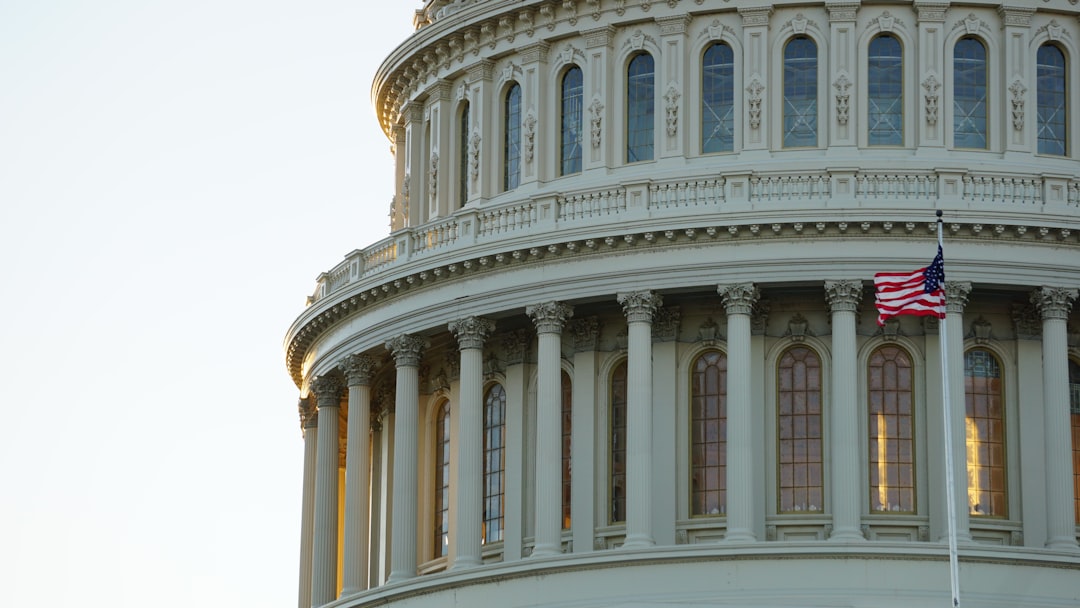In Washington State, consumers dealing with debt buyers are protected by robust laws, including the Fair Debt Collection Practices Act (FDCPA) and the Washington Collection Agency Act, enforced by the Department of Financial Institutions (DFI). Residents have rights to dispute inaccurate debts, request validation, and limit collector contact. Understanding these protections empowers consumers to navigate legal actions assertively, avoiding harassment and potentially resolving disputes through negotiations or mediation.
In Washington State, understanding your rights against debt buyers is crucial. This article explores the intricate world of debt buying and how it interacts with consumer protections under Washington’s debt collector laws. We delve into the rights and options available to consumers, including dispute resolution mechanisms, to ensure fair treatment when facing debt collection efforts. By examining these legal actions, individuals can navigate their rights effectively, protecting themselves from abusive or illegal practices by debt collectors.
Understanding Debt Buying and Collectors in Washington State

In Washington State, debt buying involves companies purchasing delinquent debts from original creditors at a discount and then attempting to collect on them. Debt collectors in this context are third-party entities hired by the buyers to recover the outstanding balances. It’s crucial for consumers to understand their rights under the state’s debt collection laws, which are designed to protect individuals from aggressive or unfair practices.
The Washington State Department of Financial Institutions oversees and enforces these laws, ensuring that debt collectors adhere to fair and ethical collection methods. Consumers have the right to dispute the validity of a debt and request verification of the debt amount. Additionally, debt collectors cannot make false statements, use abusive language, or harass consumers in their attempts to collect debts. Knowing their rights is essential for Washington residents facing debt collection actions, enabling them to protect themselves and navigate these situations effectively.
Consumer Rights and Protections Against Debt Buyers

In Washington state, consumer rights against debt buyers are protected by a series of laws and regulations designed to safeguard individuals from unfair or abusive practices. The Washington State Department of Financial Institutions (DFI) plays a crucial role in enforcing these rules, ensuring that debt collectors adhere to strict guidelines when attempting to collect on debts. One of the key protections for consumers is the Fair Debt Collection Practices Act (FDCPA), which prohibits debt collectors from using unfair, deceptive, or abusive methods in their efforts to retrieve money.
Additionally, Washington has its own debt collection laws, such as the Washington Collection Agency Act, which further outlines the rights and responsibilities of both debtors and debt collectors. These laws provide consumers with the right to dispute inaccurate debt information, demand validation of the debt from the collector, and limit the number of times they can be contacted by the collector. Understanding these rights is essential for any resident of Washington facing debt collection issues, as it empowers them to protect their financial well-being and navigate the process effectively.
Navigating Legal Actions and Dispute Resolution Options

Navigating legal actions is a crucial step for consumers in Washington who are dealing with debt buyers. The state’s debt collector laws protect consumers from unfair or abusive practices, ensuring that collectors adhere to specific guidelines when attempting to recover debts. These laws provide consumers with various dispute resolution options, empowering them to challenge inaccurate or disputed debt claims.
When faced with a potential legal action, Washington residents have the right to request validation of the debt, demanding proof and documentation from the debt collector. This process helps clarify the validity of the debt and can be an effective first step in resolving disputes. Understanding their rights under the state’s debt collection laws empowers consumers to communicate assertively with collectors and explore alternative dispute resolution methods, such as negotiations or mediation, to reach a mutually agreeable solution without escalating to formal legal proceedings.






